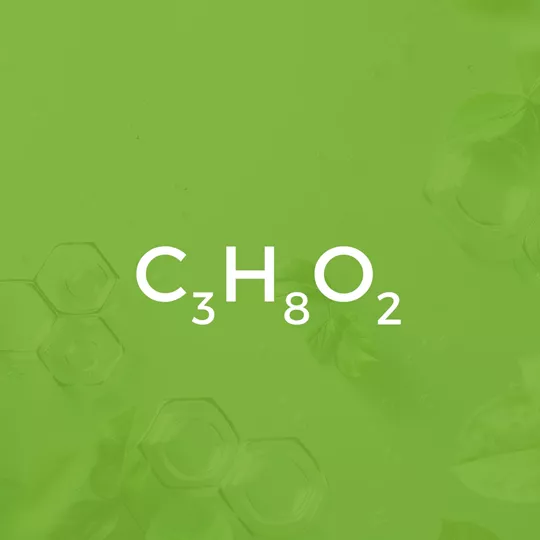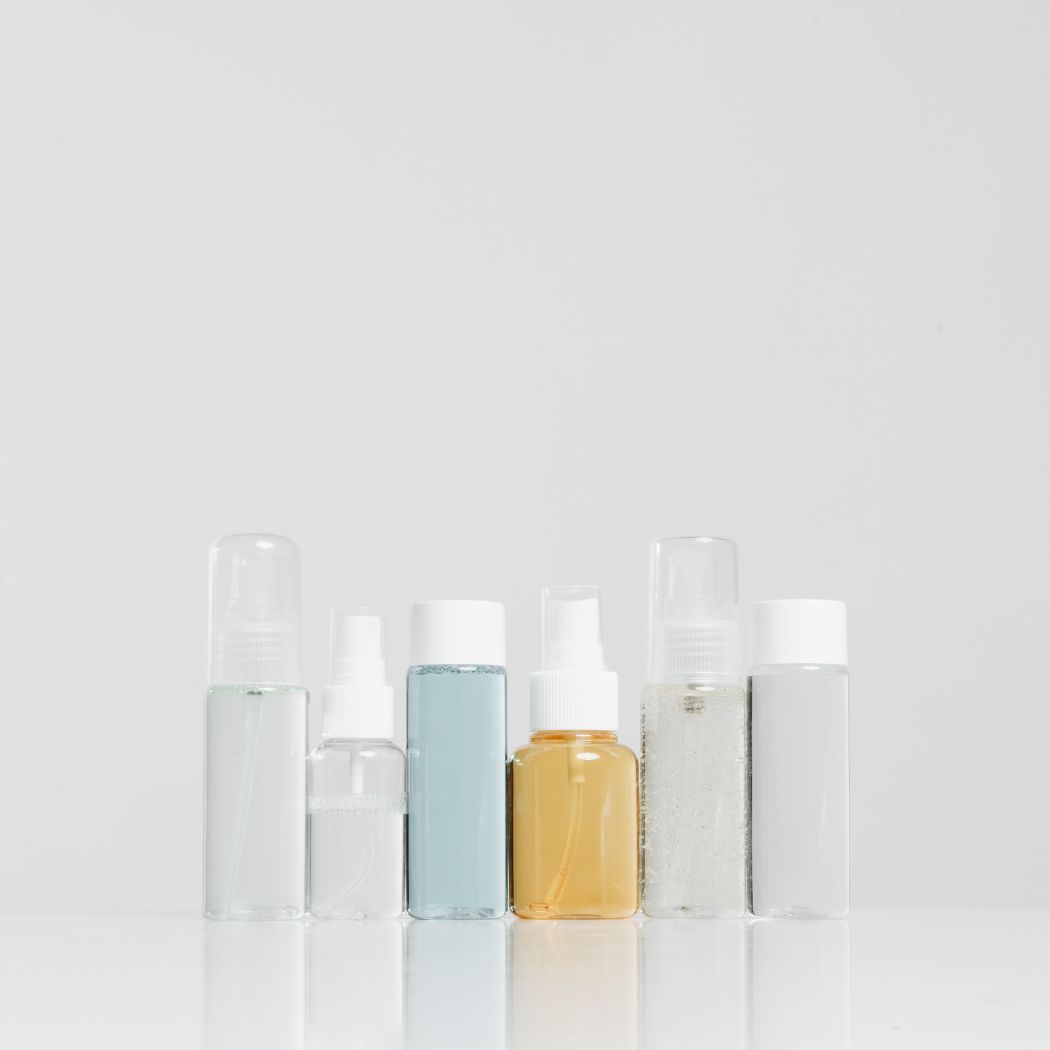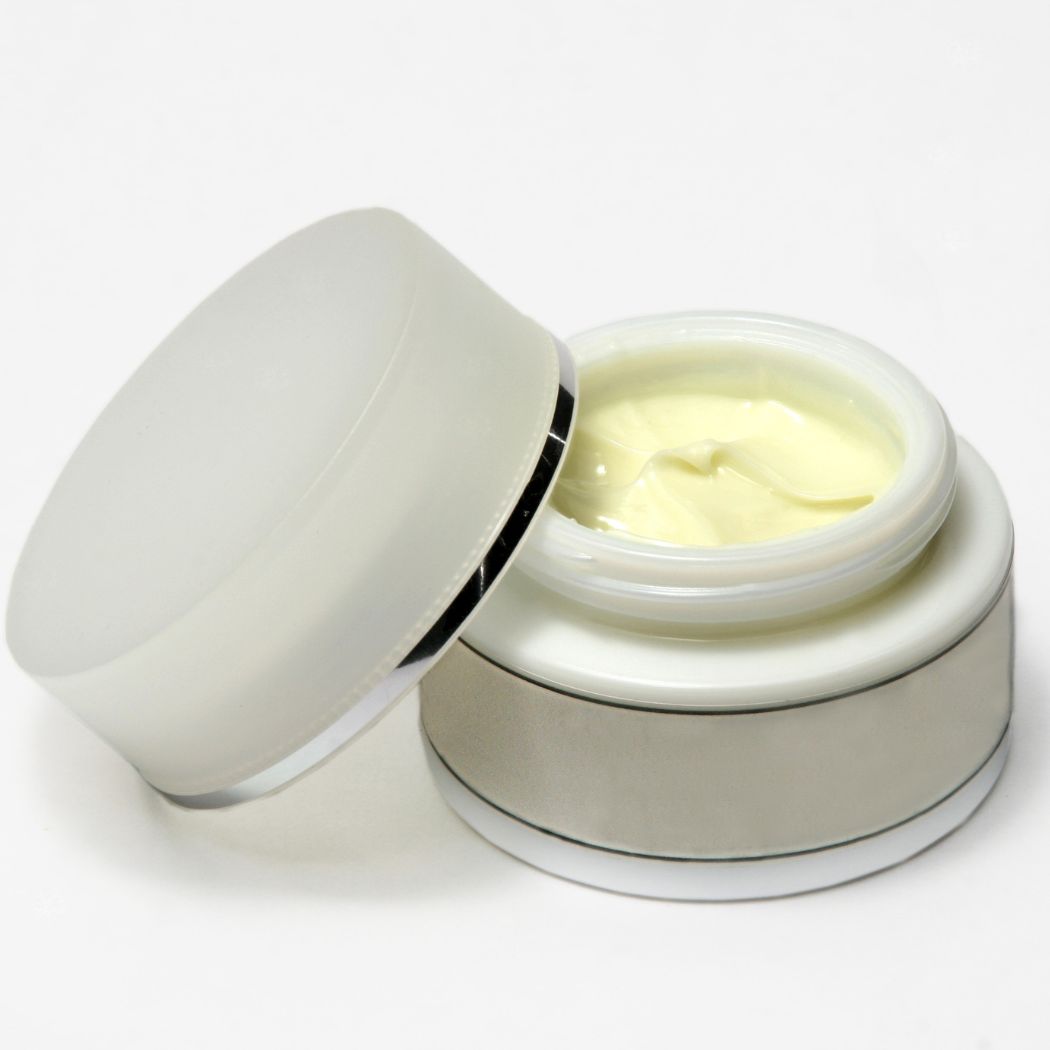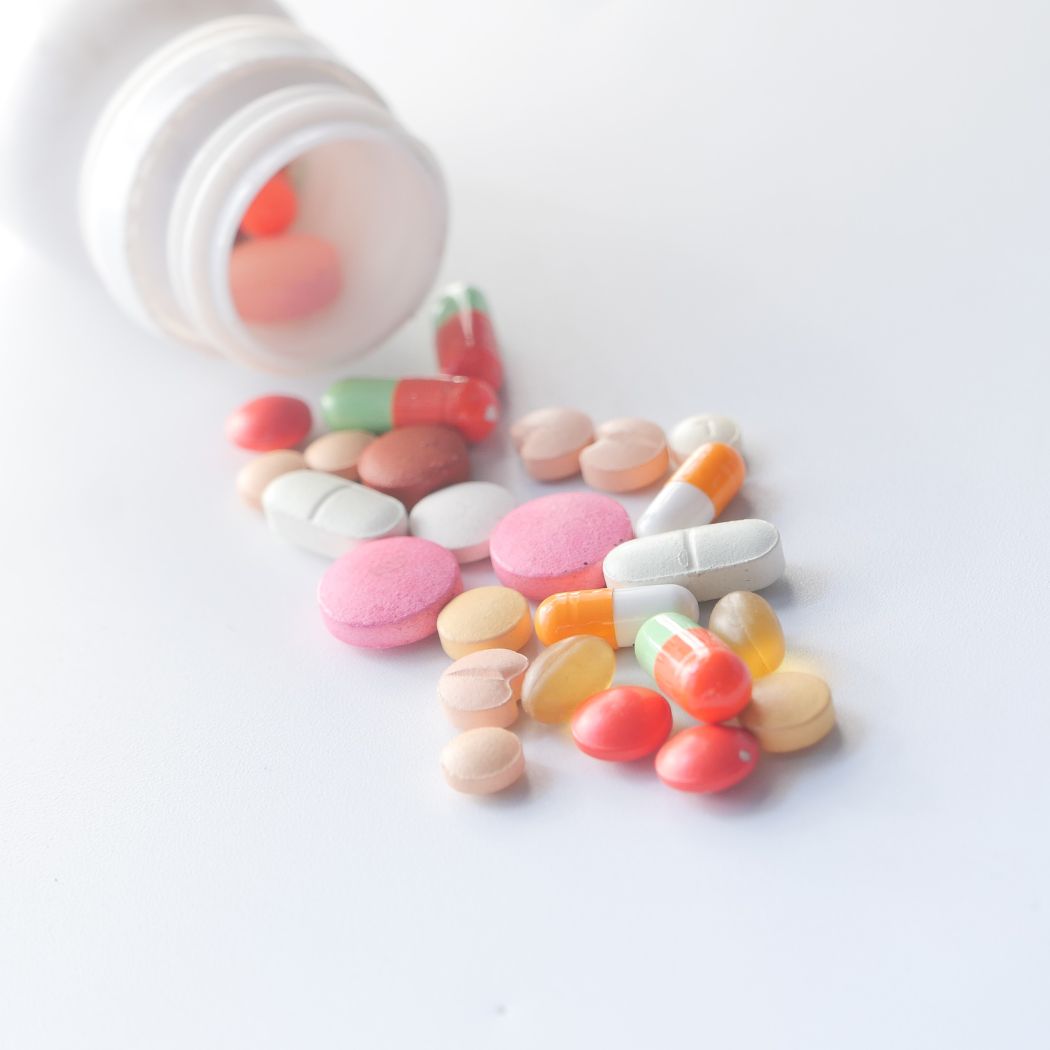
Monopropylene Glycol MPG
MPG; Propane-1;2-diol; 1;2-dihydroxypropane; α-propylene Glycol
Key applications
Raw materials for the petrochemical industry,
Raw materials for the food industry,
Raw materials for construction chemicals production,
Raw materials for household chemicals production,
Raw materials for paints and coatings production,
Raw materials for adhesives, oils, and lubricants production,
Raw materials for plastics production,
Cosmetic raw materials,
Feed raw materials
Contact us
directly:
QUICK QUOTE FORM
What is Monopropylene Glycol?
Monopropylene glycol is an organic chemical compound that appears as a clear, odorless liquid with a slightly oily texture. Thanks to its remarkable versatility, it is used across a wide range of industries — from food and pharmaceuticals to cosmetics, animal feed, technical applications, and the petrochemical sector. At Centro-chem, we offer high-purity propylene glycol that meets strict quality standards, making it suitable even for demanding applications.

Physicochemical properties
Monopropylene glycol is a highly viscous substance, yet fully miscible with water, alcohol, and most organic solvents. It has a boiling point of approximately 188°C and a freezing point as low as -59°C. This wide thermal range makes it a stable and versatile medium. In addition, propylene glycol is hygroscopic — it absorbs moisture from the surrounding environment — which is why it’s commonly used in the cosmetics and technical industries. It also has low volatility and high chemical stability, allowing for long-term storage and use in durable formulations. Importantly, propane-1,2-diol is not classified as hazardous to health when used properly, which further broadens its range of industrial and commercial applications.

How does propylene glycol work?
Propylene glycol primarily functions as a stabilizing agent, carrier, and solvent. Its chemical structure allows it to effectively bind water and other components, enabling the formation of uniform mixtures, emulsions, or solutions. Its hygroscopic nature makes it ideal for use in products that need to retain proper moisture levels – whether in cosmetics, food, or pharmaceuticals.
Propylene glycol also serves as an antifreeze agent and a freezing point depressant in various technical systems. Due to its low toxicity and good bioavailability, it is also used as an energy source in feed for livestock.
Propylene Glycol in the Feed Industry
Propylene glycol is a valuable energy supplement widely used in the feed industry, particularly in the nutrition of dairy cattle, where it helps prevent ketosis – a metabolic disorder that reduces productivity and overall animal condition. Its liquid form allows for easy and accurate dosing, whether added to feed or administered orally. In addition to supporting energy balance, propylene glycol – thanks to its physicochemical properties – helps improve the general condition of animals, positively influencing lactation, reproduction, and immunity.

Propylene Glycol in Cosmetics
Propylene glycol is an essential ingredient in cosmetics, valued for its moisturizing, softening, and stabilizing properties. It is commonly found in creams, lotions, toners, cleansing gels, and many other skincare products. Thanks to its hygroscopic nature, it binds water molecules in the skin and helps prevent dryness. Additionally, it enhances the delivery of other active ingredients deeper into the skin layers.
Propylene glycol also acts as a preservative and supports the penetration of cosmetic formulations into deeper layers of the skin. It is well tolerated by the skin, which makes it suitable for use in products designed for sensitive skin as well as in cosmetics intended for children.

Propylene Glycol in the Petrochemical Industry
Propylene glycol is widely used as a component of operating fluids and cooling liquids, as well as a carrier base in various technical formulations. It performs exceptionally well in systems that require stability and reliability, primarily due to its physicochemical properties — including a high boiling point, low freezing point, and resistance to oxidation.

Other applications
Propylene glycol is used in the pharmaceutical industry as a solvent for oral medications, creams, and aerosols. In the food industry, it serves as a carrier for flavors, a humectant, and a preservative identified as E1520.


Why it is worth cooperating with us?
Order quickly, efficiently, reduce risk.
The chemical raw materials you’re looking for are in our warehouses
Our own warehouses, fleet of trucks, and stable supply chain mean wide availability and fast order fulfillment
No worries about the quality of chemical raw materials
Concrete actions, not just words, confirm the quality of the materials we offer. It’s our implemented ISO system, HACCP and GMP+ certification, or the GMP+B4 fleet standard
Risk minimized to the minimum
We fully control the supply chain in Poland and worldwide. We have our own fleet of trucks, warehouses, customs warehouses, and a platform for container transport.
Convenient packaging with customization options
Bags, big bags, tanks, pallet containers, barrels, jerrycans, bottles... we tailor the packaging to your needs. We can also provide personalized labels for you.
Partnership at every stage
We respond to inquiries within a maximum of 30 minutes, assign a dedicated account manager, keep our promises, and focus on long-term cooperation.
bonded warehouses
years of experience
trading partners from all over the world
trucks
countries we cooperate with
warehouse area
